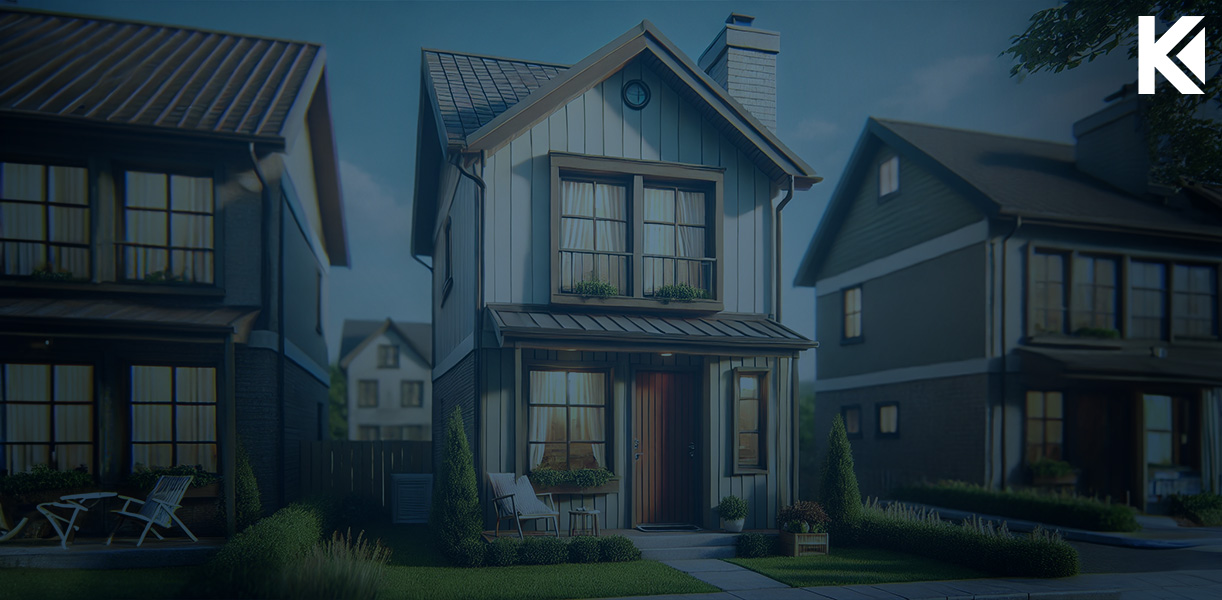A starter home, typically the first home someone purchases, is an entry-level property that offers affordability and manageable maintenance. This blog explores the concept of starter homes, their benefits, and why they might be the perfect choice for first-time homebuyers.
What Is a Starter Home?
Starter homes are generally smaller, less expensive properties that require less upkeep—ideal for single individuals, couples, or small families starting out in the real estate market. These homes serve as a stepping stone for first-time buyers to eventually move up to larger, more expensive homes as their needs and financial stability grow.
Characteristics of Starter Homes
- Affordability: The primary appeal of a starter home is its affordability. These homes are priced to attract first-time homebuyers who may find larger homes financially out of reach.
- Size: Starter homes typically feature one to three bedrooms, making them manageable for new homeowners in terms of maintenance and utility costs.
- Location: While not always located in prime areas, starter homes often sit in up-and-coming neighborhoods or suburbs, providing a good balance between cost and location.
Benefits of Buying a Starter Home
- Financial Advantages: Buying a starter home can be less daunting financially than renting, especially with today’s rising rental costs. Homeownership allows you to build equity and benefit from potential property value increases.
- Freedom to Customize: Unlike renting, owning a home gives you the freedom to make modifications and decorate according to your taste, turning your first house into a home.
- Learning Experience: Owning a starter home teaches valuable lessons in homeownership, from understanding mortgages and property taxes to maintaining a home.
Considerations When Buying a Starter Home
- Resale Value: It’s important to consider the future resale value of the property. Look for homes with features that will be appealing to other buyers when it’s time to sell, such as a good location or desirable layout.
- Long-Term Goals: Evaluate how well the home fits your long-term goals. If you plan on starting a family or expanding your household, consider how long the space will meet your needs.
- Market Conditions: Keep an eye on the real estate market to ensure you’re buying at a good time. Purchasing a starter home during a market downturn can be a smart investment.
Conclusion
Starter homes represent more than just a first real estate purchase; they are an investment in your future and a practical entry point into the housing market. Whether you’re looking to move from renting to owning or simply want to start building equity in a property, a starter home can provide the foundation for your long-term real estate goals.
Disclaimer
This blog is for informational purposes only and does not constitute financial advice. Prospective buyers should consult with a real estate professional to discuss their specific situation.






